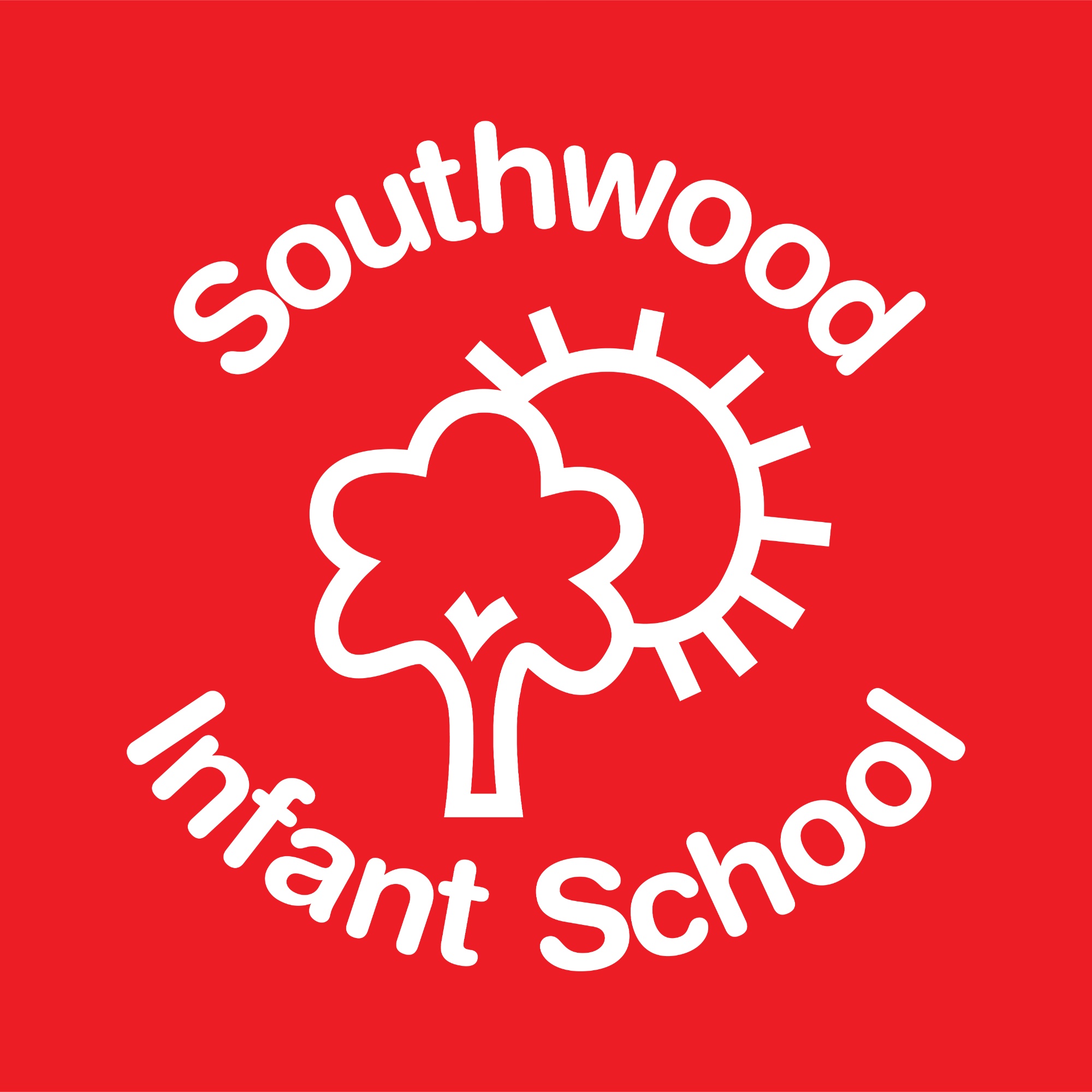History
Intent
 At Southwood Infant School we aim to develop curiosity and awareness about the past in Britain and the wider world. Children are encouraged to think about how the past influences the present, what past societies were like and what beliefs and cultures influenced people’s actions. Pupils develop a chronological framework of significant events, people and periods. Through looking at the diversity of human experience, pupils gain a sense of identity and an increased understanding of their position within their own community and the world. Through the use of first hand experiences, artefacts, photographs and high quality educational visits pupils develop questioning minds, a range of knowledge, historical terms and vocabulary, skills and abilities.
At Southwood Infant School we aim to develop curiosity and awareness about the past in Britain and the wider world. Children are encouraged to think about how the past influences the present, what past societies were like and what beliefs and cultures influenced people’s actions. Pupils develop a chronological framework of significant events, people and periods. Through looking at the diversity of human experience, pupils gain a sense of identity and an increased understanding of their position within their own community and the world. Through the use of first hand experiences, artefacts, photographs and high quality educational visits pupils develop questioning minds, a range of knowledge, historical terms and vocabulary, skills and abilities.
Mrs Roberts, History Leader
Implementation
History is taught mainly in blocked units through an integrated topic approach, as a discrete subject or as part of a spontaneous or unique event.
We aim to bring the past alive with the use of quality experiences and resources, drawing on the richness of knowledge and experience in our own community and wider society.
We will follow the Hampshire Six Step Enquiry model for teaching History. This gives the children the chance to investigate different sources and look at their reliability. It asks them to examine different events in History and to look at how these have affected different people and our lives today. The approach allows for lots of hands on experiences and allows the children to make sense of the past in their own way, with each unit concluding with a response to the event or person. For example, the children might make a commemorative piece to remember the moon landing, or they might make an exhibition of toys through the ages or they may host a debate on whether the Titanic should have set sail. It also allows them to develop their own reasoning skills and ability to draw
conclusions based on the evidence they have collected.
In order to ensure coverage, the curriculum in Key Stage One includes work includes looking at the life of significant individuals (For example Neil Armstrong), looking at change over time (for example looking at how toys have changed, looking at significant local Historical events (For example Samuel Cody and the first powered flight taking place in Farnborough) and looking at significant Historical events beyond living memory (for example, the Great Fire of London.) In the Early Years the children develop Early History skills through discussion of ‘evidence’ – for example ‘How do we know that a fox was in our school playground last night?’ as part of their continuous provision as well as in taught sessions-for example by looking at how they have changed since they were born and sources that have been used to record the changes. Work may be done as a whole class, in groups or individually and may take the form of writing, art,
dance, drama and models.
Windsor Castle Trip
Year 1 and 2 Visit Windsor Castle
The children had a wonderful time visiting Windsor Castle. They were very lucky to have had a visit from Sergeant Turner, a Cold Stream Guard, at the beginning of the week. The children were able to ask him questions and he told them lots of things to look out for around the castle.
The children enjoyed wonderful sunny weather and started their day delighting in the music and ceremony of the changing of the guard. They also took part in a fantastic workshop – ‘What were castles for?’ Here they were able to dress up and learn about how the castle was built and some of its key features. The rest of the day was spent exploring the state apartments and St George’s Chapel. Although the Queen was not in residence for their visit they had a fantastic day and learnt lots of new things for their topic. Many thanks to all the teachers and staff for organising a really great first-hand experience of a castl
|
|
|
|
|
|
|
|
|
|
|
Titantic Workshop
|
|
|
|










